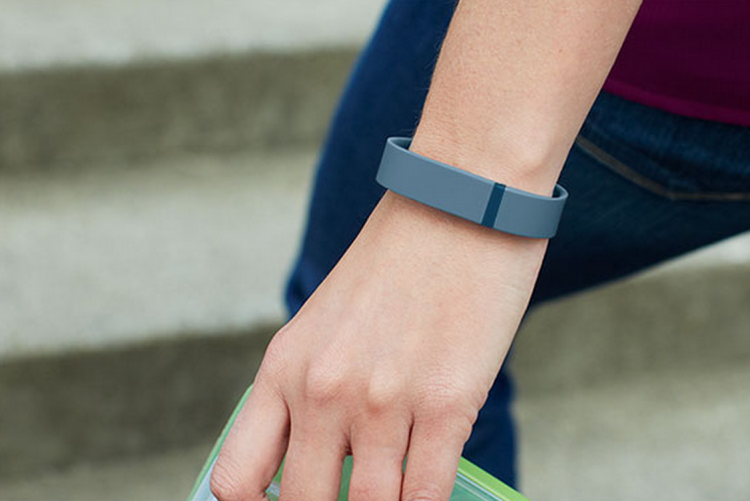Fitness trackers are one of those gadgets that sound really great on paper; they will motivate you to move by telling you how sloth-like you are! Some people swear by them. Others think they’re a gadget destined for the fad junk drawer. Unfortunately, even if they have staying power as a trend, a new study indicates they probably aren’t helping you lose weight!
The NY Times has a summary of a long-term study comparing two groups: both were given diet plans, weight loss counseling, and other support, but only half of the 470 people were given fitness trackers. Those with the trackers lost 7.7lbs, while the ones without lost almost 14 pounds on average. Basically, the people who didn’t have an external measure of their activity lost more weight than those who did.
There’s a lot of debate going on about what this means, and whether it spells the end of fitness tracking, or whether it’s a flawed study, or whether it proves you can’t outwalk/outrun a bad diet. Personally, I think this reflects an all too human flaw; it’s entirely possible that people who wore the fitness trackers didn’t feel motivated to go above and beyond, because their wrist told them they hit their goal. On the other hand, those without trackers had to work off different metrics, whether that was by feel or by following an organized program of some sort. Getting up and moving is great, but it’s not even close to the entirety of exercise that makes someone healthier.
I also wonder if the people without fitness trackers felt less obligated to work in steps specifically, and therefore had more varied routines. There’s a universe of things that a fitness tracker can’t measure, including yoga, strength training, boxing, group sports, etc. I can hit my 10,000 steps in a given day, but am I healthier for it? Sort of, but in the last year I’ve started to really practice in earnest with kettlebells, and I’ve become significantly more flexible and strong — I’d rather take all of my daily exercise time and do the “five movements” that Dan Johns talks about instead of walking 10,000 steps (of course, both are better, but if we’re limiting to one, I think a push/pull/squat/carry/hinge is going to make you look and feel better).
I passed the NY Times article around to some of my coworkers, and while they were surprised at first, they all agreed the phenomenon here is probably “Oh, look, I did my steps, I’m gonna crash out now”. When you remove the outside measurement, it becomes an internal driver, pushing you to a higher level that doesn’t have a set “good enough” point. If I’m out for a run, I don’t finish my run and think “ok, good enough”, I think about how fast I was, how was my form, how could I improve or change for next time … and it seems like maybe relying on the fitness tracker alone removes that self-reflection that drives you harder.
Or, maybe everyone who had a fitness tracker also had a weakness for cake. It happens.
Do you feel more or less motivated by a fitness tracker on your wrist? Personally, I want to like having one, but inevitably it just becomes a fancy watch that I get bored with, mostly because steps are such a small part of my fitness that I don’t get a lot from using it. Share your thoughts on them below!

